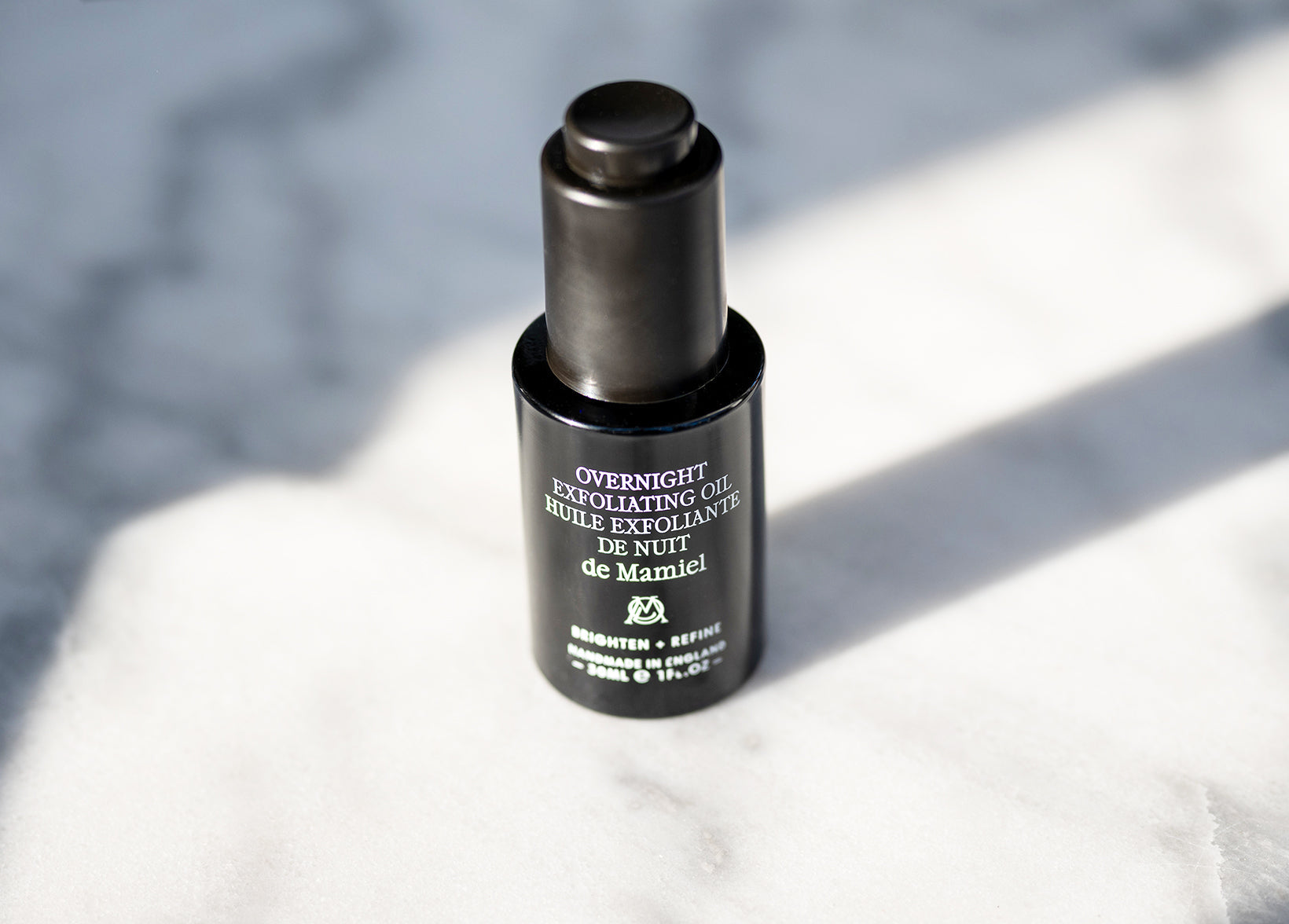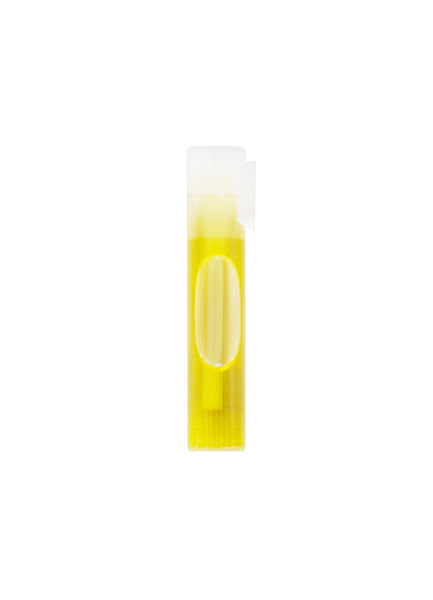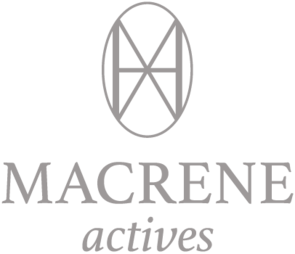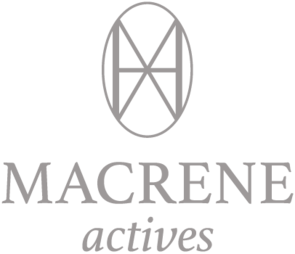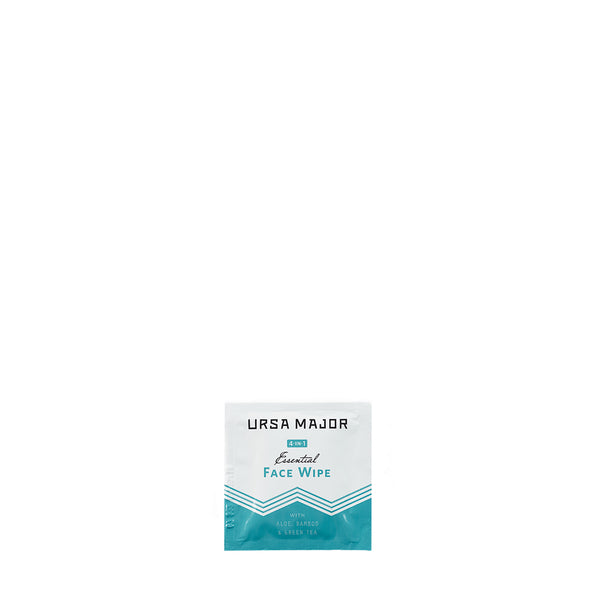Recent Articles
A conversation with Dara Kennedy and Pedro Catalá, PhD
We're frequently asked, “How long does it take to see if a skincare product works?” And we always answer, “It depends!” We promise it's not an easy way out. To find out what it depends on and why, check out Dara’s latest interview with Pedro, the master formulator behind TWELVE Beauty.

Dara: I can’t wait to dig into this topic with you. When I’m asked how long it takes for a skincare product to work, my answer is always a version (and probably a maddening one) of “Well, it depends!” Everyone’s a little different, and not every product works the same way. Do you have the same answer?
Pedro: Yes, each type of skincare product performs differently. In the vast majority of cases, skincare products fall short of our expectations because we simply have not used them for long enough to produce the desired effects. Patience is a virtue, as they say (something I always seem to be lacking in myself!) — but it helps to know what to expect.
Dara: So, let’s break down the different categories. Where can we expect to see the quickest results?
Fastest impact
Pedro: As a general rule, for “lifting” or “plumping” serums or creams — often containing peptides or natural gums — the results tend to be pretty much immediate. They tend to work as mechanical tighteners by forming an instant film on the skin without pilling or crumbling.
Dara: And with nighttime products that contain any exfoliants (enzymes, acids) or ingredients that prompt faster cell turnover (retinol), I’d say you can often expect to see more of a glow when you wake up in the morning, as long as you’re using those products on adequately moisturized skin. I know we agree to disagree about exfoliation. (You are not a fan.) But we can agree on this, no?
Pedro: Haha, you love controversy. I’m not going to say either yes or no, because it really depends on the formulation (if it’s a water in oil emulsion, or an oil in water preparation; the percentage of ingredients; the thickness of the skin; and it can come down to the individual user). I’m afraid there’s no straight answer for this.
Dara: Well played, Pedro.
Fairly fast impact
Dara: Let’s move on to the next category: moisturizing products. I think results here can be seen very quickly — you’ll know within a couple of uses whether or not it’s the right level of hydration or moisture for you, which is why I think it’s always a good idea to sample moisturizing products.
Pedro: Yes, with moisturizers (serums, oils, creams, lotions), you can expect to see results in a few days, as they repair or treat the top layers of our epidermis. Products that contain ingredients such as hyaluronic acid, unsaponifiable oils or ceramides are known to be fast acting; the same can be said for formulas containing emollients such as vegetable oils, as they immediately soothe skin and improve its appearance.
Longer-term impact
Dara: Addressing more significant concerns takes longer. Fine lines are hard; hyperpigmentation is even harder. What do you think?
Pedro: I’d say the minimum recommended treatment time for these types of conditions is 3 months as we’re trying to repair the deepest layers of the skin. Although skin cell turnover is said to take just 4 weeks to complete, truth be told it’s actually more like 12 weeks (3 full cycles) for a real improvement to be obvious. But again, this “skin regeneration” depends on age, skin condition, and the active ingredients’ purity and concentration, among other factors.
So, the next time anyone reading this is feeling frustrated with a brand-new skincare purchase, remember that consistency, along with a little patience, are key factors in achieving the results you want.
Dara: Any last recommendations for today? I’d say sunscreen is key in helping to protect all of those skincare efforts.
Pedro: And my final recommendation is that you should also read the fine print. Most studies conducted by skincare companies are done on a small number of volunteers that are hardly significant, with a questionnaire that almost directs them to the answer that companies want them to provide.
Dara: Ooh, controversy! We’ll cover that next time.



